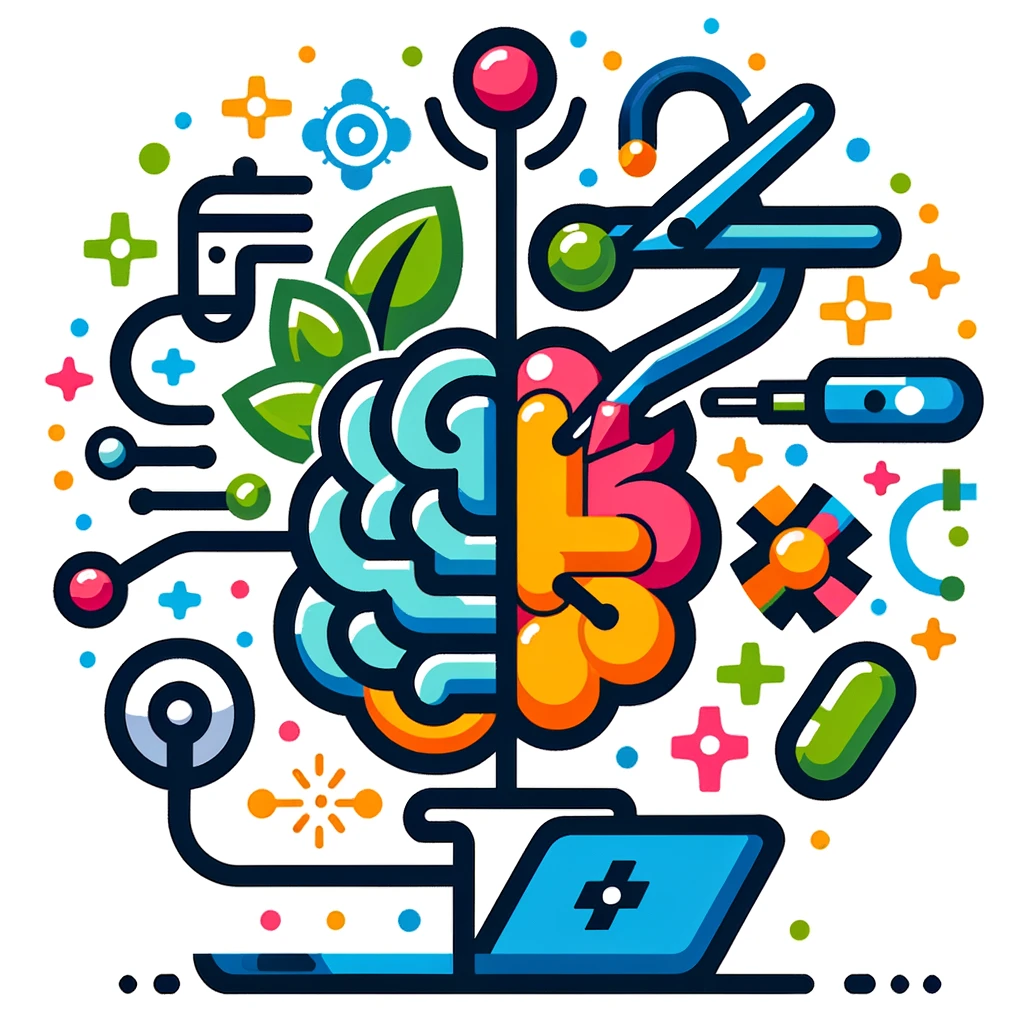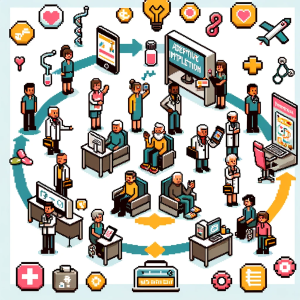
Transforming Public Health: The Revolutionary Role of AI in Implementation Science
In today’s rapidly evolving world, the gap between scientific discoveries and their application in public health practices remains a significant challenge.
This is more or less what I’ve dedicated my career to.
A recent enlightening article in Implementation Science, titled Leveraging artificial intelligence to advance implementation science: potential opportunities and cautions, offers a glimpse into a future where artificial intelligence (AI) narrows this chasm.
Bridging the Evidence-to-Practice Gap
Implementation science (IS) is at the forefront of translating research into practical health interventions. Despite significant strides, challenges like the slow pace of translation and the need for more efficient causality assessments remain. AI, with its diverse applications like machine learning, natural language processing, and deep learning, offers solutions to these obstacles.
Accelerating Pace with AI
One of the most notable challenges in IS is the time it takes to translate knowledge into practice. AI can remarkably accelerate this process. For example, AI-driven chatbots can conduct multiple interviews simultaneously, a task that would traditionally require significant human effort and time. This not only speeds up data collection but also analysis, as AI can handle vast amounts of unstructured data rapidly. Certainly, that has been my experience with qualitative interviews.
Enhancing Sustainability and Equity
Sustainability in health interventions is crucial for long-term success. AI can automate repetitive tasks, reducing the demand for human resources and ensuring continuous project evaluation. Equally important is the aspect of equity. AI has the potential to break language barriers and create culturally sensitive strategies, ensuring interventions are inclusive and representative of diverse populations.
Generalizability and Contextual Analysis
A major goal of IS is to create widely applicable interventions. AI can analyze data from various sources, including social media, to gather insights from diverse groups, enhancing the generalizability of findings. Moreover, AI’s ability to process complex data sets allows for a deeper understanding of the context in which health interventions operate, paving the way for more tailored and effective solutions.
The Flip Side: Cautions in AI Integration
While AI offers remarkable opportunities, it’s not without its pitfalls. AI systems are only as good as the data they are fed. Biases in data can lead to skewed results, potentially exacerbating inequalities. Additionally, the ‘black box’ nature of some AI systems, where the decision-making process is not transparent, poses a challenge for accountability and trust in AI-driven interventions.
Recommendations for Responsible AI Use
For AI to be effectively integrated into IS, a transdisciplinary approach is needed. Collaboration between AI experts and public health practitioners can ensure that AI applications are ethical, equitable, and efficient. This partnership is crucial for navigating the complexities of AI and mitigating any potential adverse consequences.
Conclusion
The integration of AI into implementation science is not just a possibility; it’s a necessity to bridge the evidence-to-practice gap effectively. The journey ahead is complex and requires careful navigation, but the potential benefits for public health are immense. AI can make health interventions faster, more sustainable, inclusive, and broadly applicable. However, its integration must be approached with caution, ensuring that AI tools are used ethically and responsibly.
The full potential of AI in public health practice is still unfolding. Yet, as this article elucidates, its integration into implementation science could mark a turning point in how we approach health interventions, making them more responsive, inclusive, and effective.
Lead the Way in Public Health – Get Your Weekly Insight!
Ready to lead the charge in health advocacy and research? ‘This Week in Public Health’ delivers essential weekly updates, keeping you informed and ahead in the dynamic field of public health. With insights on the latest breakthroughs and initiatives, our newsletter is your gateway to being a proactive leader. Subscribe for free and start shaping the future of public health today!



